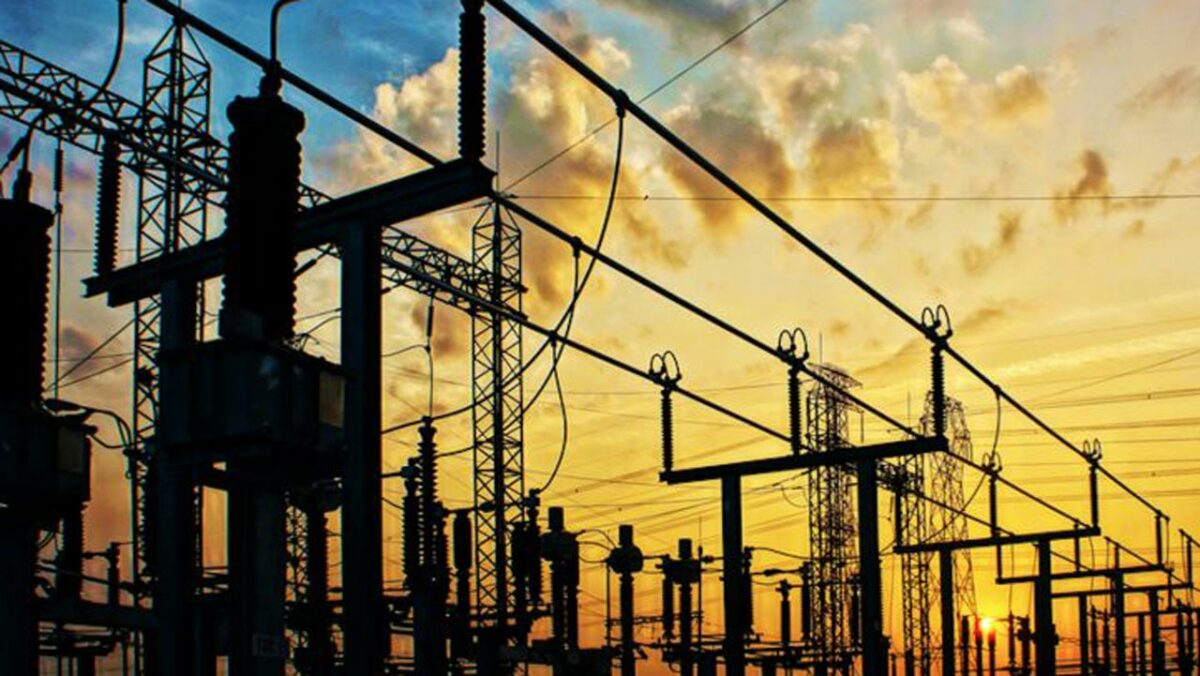Expert urges reversal of power sector privatisation

An expert on power, Kunle Olubiyo, has called on the federal government to reverse the privatisation of the power sector, describing it as a failure.
In an interview on Sunday, Mr Olubiyo, the president of the Nigeria Consumer Protection Network, said that the way out of poor power supply was for the federal government to source money and pay back the investors.
“It is either the federal government does a mid-term review of the privatisation process or total reversal of the privatisation. We did not get it right, and you can give something on nothing.
“There is a high level of fiscal indiscipline, they make a huge sum of money, they gain the system, and they don’t do remittance,” he said.
Mr Olubiyo said that the money government had spent on post-privatisation in a supposedly private-driven sector was more than what the government was giving to the defunct National Electric Power Authority (NEPA) and the Power Holding Company of Nigeria (PHCN).
“The Federal Government needs to reset the process, and in doing that, we need to do a total reversal.
“As little as transformers, buying materials that are needed to be used in maintenance, these investors cannot even do that.
” If you have investors who cannot replace cables, expand the network, then the process is not working,” he said.
Mr Olubiyo said that the non-state actors, the consumers, had been investing in materials to repair transformers and other electrical faults.
He said that such investment does not come with a refund, so the essence of privatisation had failed, which is not fair to the economy.
“We need to get the economy up and running. Electricity is the major enabler for growth, job creation and industrialisation,” he said.
The power sector was privatised in November 2013, with six power generation plants and 11 electricity distribution companies handed over to the private sector.
The federal government, however, retained control of the Transmission Company of Nigeria (TCN).
(NAN)
We have recently deactivated our website's comment provider in favour of other channels of distribution and commentary. We encourage you to join the conversation on our stories via our Facebook, Twitter and other social media pages.
More from Peoples Gazette

Politics
Katsina youths pledge to deliver over 2 million votes to Atiku
“Katsina State is Atiku’s political base because it is his second home.”

Politics
Ondo 2024: Akeredolu’s former deputy, Agboola Ajayi, wins PDP ticket
Mr Agboola, a former deputy governor to late Governor Rotimi Akeredolu, was elected at the PDP’s primary election on Thursday.

Port Harcourt
Burnt Rivers Assembly: Court sets aside arrest warrant against Fubara’s chief of staff
On January 31, the judge issued a warrant for the arrest of Mr Ehie over his alleged involvement in the burning of part of the Rivers’ House of Assembly.

Politics
Keyamo overreacting, should apologise, lift Dana’s flight suspension: ART
Aviation minister Festus Keyamo has been reprimanded for trying to usurp the authority of the NCAA.

NationWide
Merging Civil Defence with police will worsen Nigeria’s insecurity, FG warned
“It is obvious that persons seeking the merger are ignorant of the roles of NSCDC as a special purpose security vehicle,” a security expert said.

Africa
South Africa’s systemic corruption closely related to ex-President Jacob Zuma’s administration: Report
The report alleged that “high-level political interference has undermined the country’s National Prosecuting Authority from responding to corruption.

Africa
Police corruption big problem in Kenya; security force compromised under President Ruto: U.S. Govt
Not only did the government try to cover up police-related killings, but Kenyan authorities asked medical personnel to keep silent on deaths recorded from police brutality.








